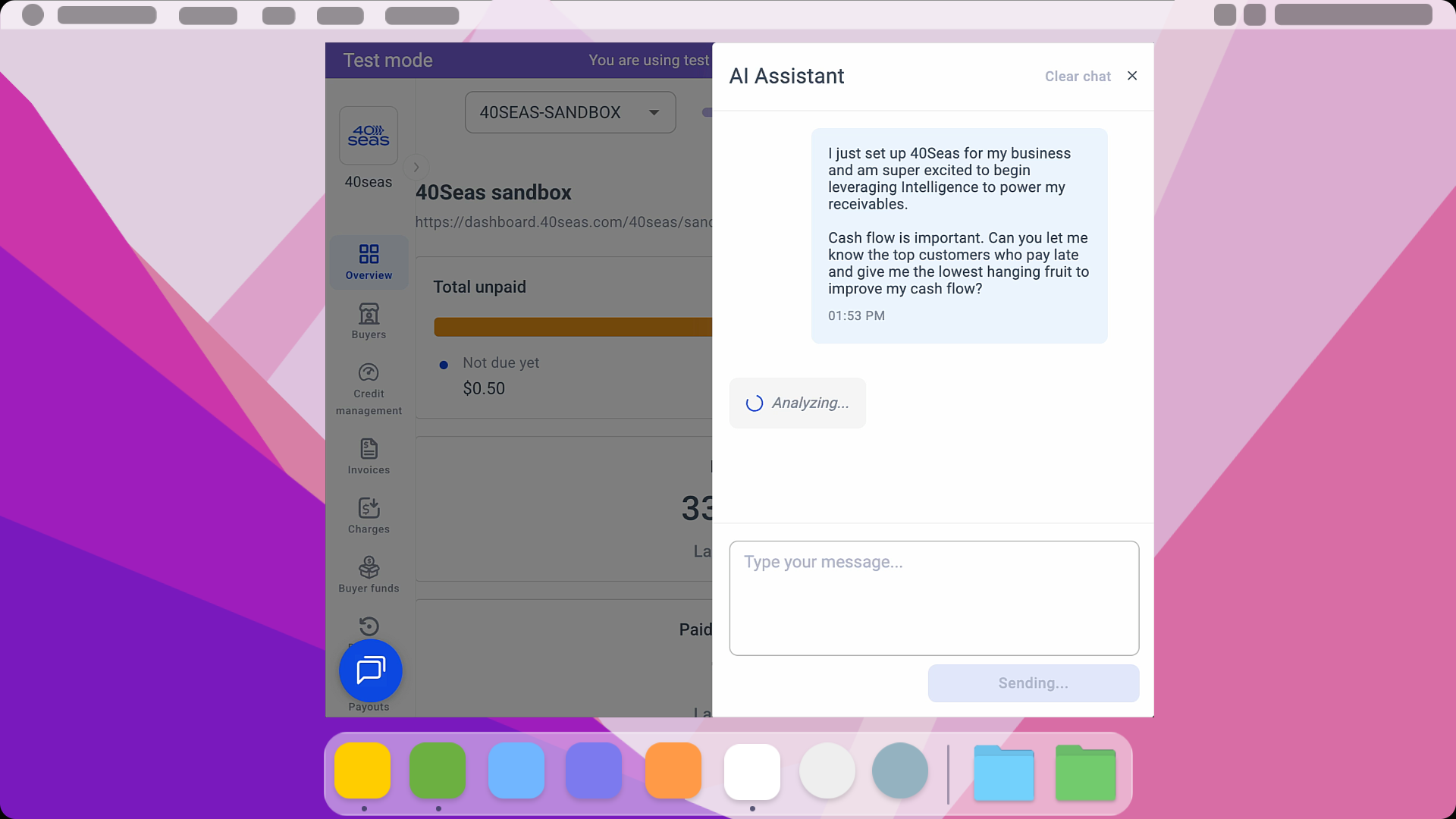This month, the UK’s Centre for Finance, Innovation, and Technology (CFIT) announced the formation of a new industry-led taskforce, geared towards broadening access to credit for SMEs – who are 7 times more likely to be denied Trade Financing than multinationals. The Bank of England also estimates that there is a SME financing gap of £22 billion – giving expression to the uneven playing field that SMEs have to navigate when it comes to access to capital, and the longstanding trade finance gap.
As an Open Finance initiative, the taskforce aims to "identify and prioritize" the datasets to be unlocked and the APIs most suitable for enhancing SME finance accessibility, while also exploring and advocating for additional open finance applications. SME lenders, such as Barclays, will develop and deploy Open Finance solutions to expedite SME credit evaluations and loan approvals. This initiative builds upon the pilot study carried out in conjunction with HSBC, IBM and CRIF, demonstrating how accessing new datasets and automatically populating business loan applications can substantially improve business lending outcomes.
The establishment of this taskforce signifies a proactive effort to address the longstanding challenge of limited access to credit for SMEs. Even though they play a pivotal role in driving economic growth, job creation, and innovation, SMEs often confront challenges when seeking financing from traditional lenders, who set out rigid eligibility criteria for funding applications. A recent report examined the high rejection rates for Bangladesh SMEs when seeking finance for foreign trade. 36% were rejected due to a lack of collateral and financial resources, and 17% due to a lack of previous transaction info and credit history. For SMEs starting out, these eligibility criteria are outside of their control, yet undermine their access to capital.
Closing the SME Financing Gap
SMEs – who constitute 43% of global cross-border trade volume, according to the OECD – require absolute clarity regarding capital availability to make informed decisions regarding inventory management, particularly given the increasingly volatile supply chains. However, traditional banks and trade finance solutions and banks often lack the capacity to analyze companies' creditworthiness at a granular level, leaving SME business owners at a disadvantage, particularly in international trade transactions. While banks can assess risk for large transactions within a single jurisdiction through regular documentary collection, processing numerous smaller credit amounts across borders presents challenges, especially for those relying on Letters of Credit (L/Cs) to address cash flow issues. Given the limited capacity of banks and the constraints of legacy trade financing solutions, there is a compelling argument for leveraging the latest Open Finance and AI innovations to ease the burden on SME importers and exporters – something that CFIT is acknowledging with the launch of this task force.
How AI can improve SMEs' access to capital
AI plays a crucial role in open finance innovations by enhancing data analysis, automating processes, and improving decision-making. By leveraging AI algorithms, financial institutions can optimize customer experiences, streamline operations, and unlock new opportunities for personalized financial services within the open finance ecosystem. Big data analytics can also be leveraged to more accurately evaluate SMEs' creditworthiness – increasing their chances of obtaining financing to fuel their international trade pursuits.
In the realm of trade financing, AI has the potential to alleviate many of the historical challenges faced by SMEs in accessing capital. By rapidly analyzing extensive financial data, AI can more efficiently verify creditworthiness, assess risk, and process financing compared to traditional institutions. SMEs' creditworthiness can be verified by analyzing various data points, including financial statements and transaction history, while Machine Learning algorithms can forecast future demand by analyzing historical patterns and market trends. This streamlined approach enables more accurate and efficient credit evaluations, facilitating scalable and timely lending decisions for financial institutions.
At 40Seas, we are tapping into the power of AI and data-driven technology to offer flexible payment options that effectively increase the availability of working capital for SME importers, exporters, freight forwarders and sourcing agencies. 40Seas is delivering a much more efficient, simplified, and cost-effective financing framework for SMEs involved in global commerce, helping them excel in the international trade market. The 40Seas solution enables digital B2B payment functionality and helps ecosystem players bridge the financial gap between selling goods to customers and paying suppliers. The versatility of the 40Seas B2B Order Now, Pay Later solution sets us apart from our competitors, enabling exporters to get paid immediately upon shipment so they can get a head start on their next production cycle, while providing importers with deferred payment options so they can expand their business profile without tying up available lines of credit.











.svg)